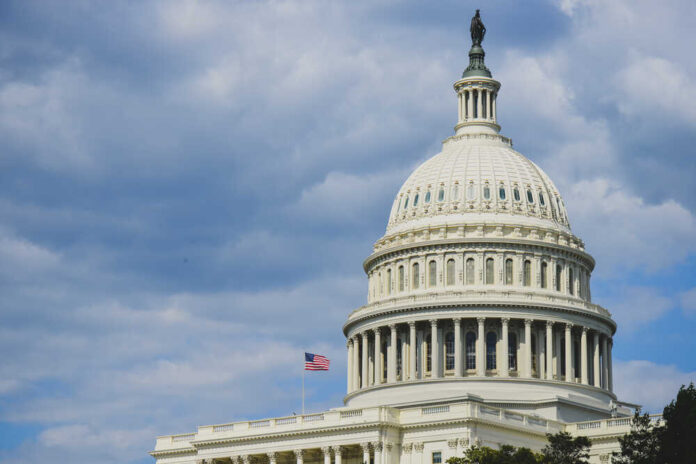According to a report, Republicans in the House of Representatives are attempting to eliminate what they see as a $7 billion annual loophole in the nation’s food aid program.
The No Welfare for the Wealthy Act proposes to set asset and income requirements for Americans who are eligible for programs like TANF and SNAP, or “food stamps.” This would put a stop to the practice of allowing Americans whose wealth exceeds the federal limitations for such programs to still get food aid, referred to as Broad Based Category Eligibility (BBCE).
The bill’s sponsor, Republican Virginia State Representative Ben Cline, said that people should be unable to qualify for food assistance by using legal loopholes. People who do not qualify for the benefits should be allowed to get them, regardless of whether their reason to do so was deliberate or not.
The Trump administration had planned to decommission this system in 2019, but the outbreak of the COVID-19 virus derailed those efforts. In 2021, the Biden administration scrapped the plan.
The new measure comes as Congress readies for party conflicts over the Farm Measure, a sweeping legislation that is up for renewal every 5 years and affects everything from government food aid to conservation projects.
Republican Study Committee Chair Kevin Hern (R-OK), House Freedom Caucus Chair Scott Perry (R-PA), and Representatives Josh Brecheen (R-OK) and Keith Self (R-TX) have all signed on as cosponsors to Cline’s measure. Cline told Fox News that he’s hoping to win over some Democrats as well.
According to a report, circumventing federal eligibility limitations for food stamp payments, 41 states and the District of Columbia are now using the Broad-Based Categorical Eligibility (BBCE) loophole under existing laws. Applicants’ assets, including cash, RVs, and yachts, are ignored in favor of their income for the purposes of this loophole.About 7 billion dollars a year is wasted by the federal government on the roughly 5 million people who get food stamps that do not meet federal requirements.
Significant problems regarding welfare administration, government supervision, and striking a balance between helping the poor and combating fraud are being raised as the Act makes its way through the parliamentary process.














